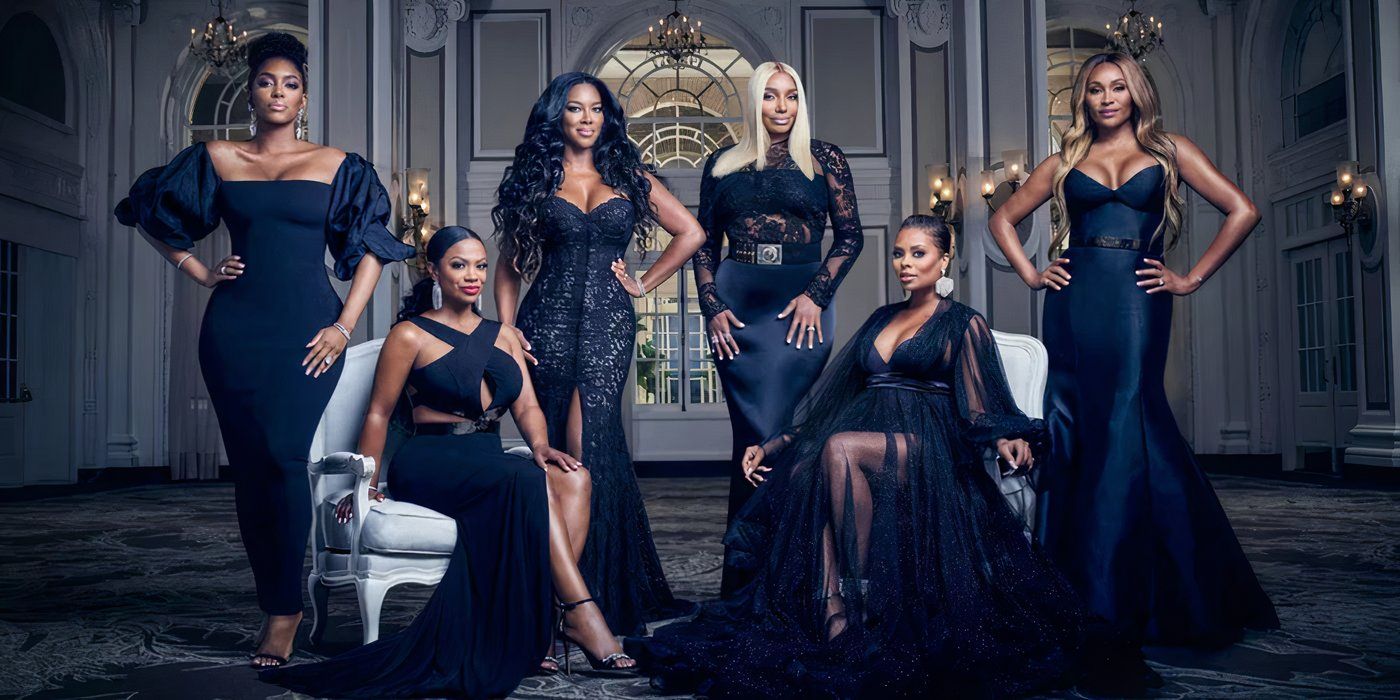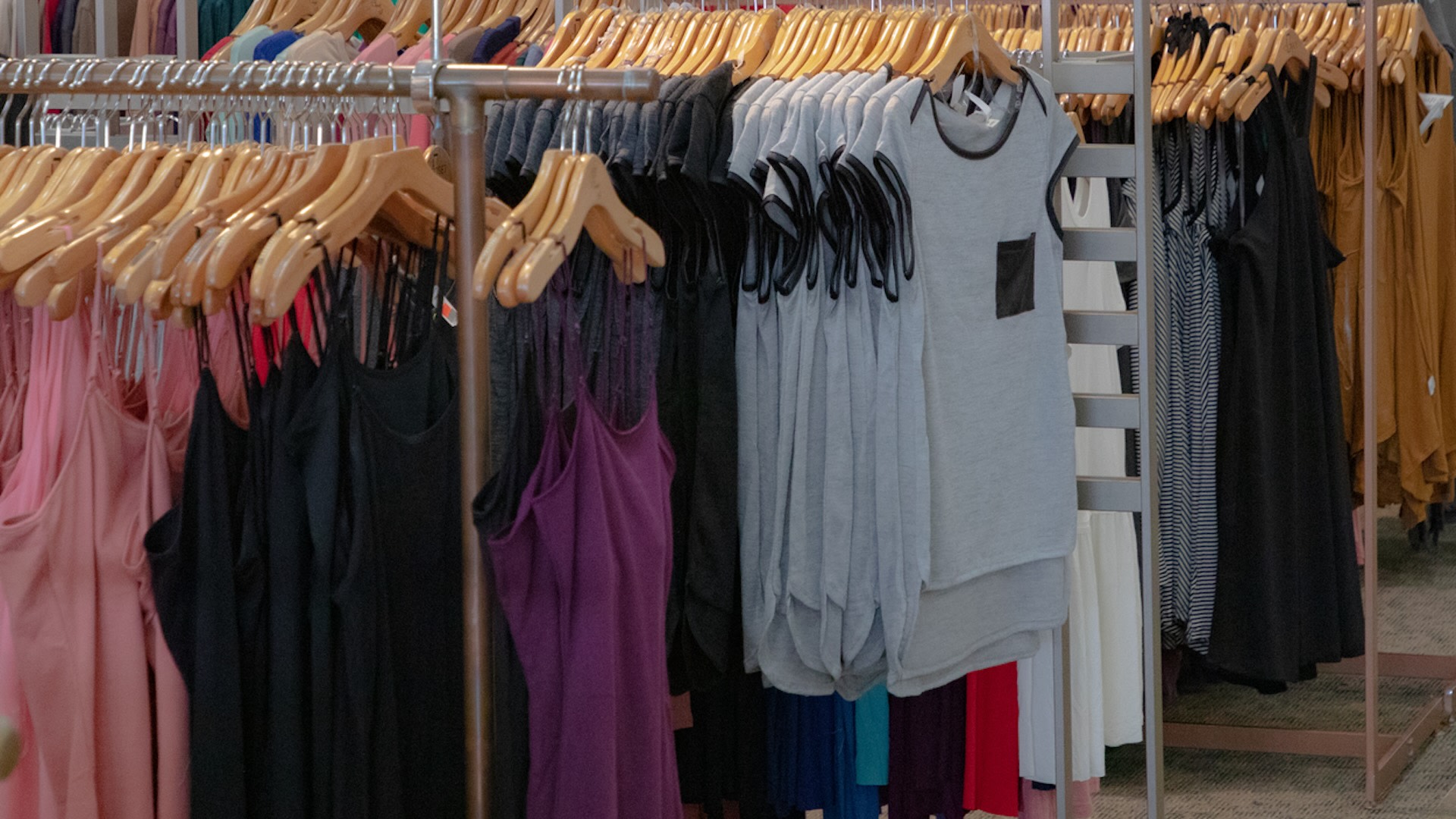Bussiness
I’m an American mom in Germany. When naming my kids, I had to take into consideration the meanings in 3 languages.
We’re a trilingual family raising our three children in Germany. My husband and I each speak our native languages to the kids, and they learn German from day care and school.
It’s fantastic that they’re growing up with three languages, but sometimes having multiple languages can present some quandaries when it comes to finding baby names. Not every name will be a great fit in another language, so it can certainly be a challenge for multicultural families to find the ideal baby name.
Here are the things I took into consideration when naming our kids.
Pronunciation might be an issue sometimes
A primary problem that many multilingual families face when it comes to perfect nomenclature is pronunciation. One classic example is that certain letters sound different in various languages, such as the letter “j,” which makes a “y” sound in languages like Spanish and German but a “djuh” sound in English. As a result, names like Jonas or Juliana may not sound quite the same in different languages.
Names with diacritical marks in certain languages like Czech or Polish may prove to be challenging to say for speakers of other languages, such as Oldřiška or Włodzisław. My husband’s native language falls into this category, so it was something we avoided when choosing our kids’ names. Not only can it be challenging for non-native speakers to read and spell, but in some countries, diacritical marks are not allowed to be used on legal documents like passports.
We considered pop culture references
You may find that when searching for baby names in your multilingual setup, certain pop culture references might crop up as tricky or even a potential no-go in some cases.
For example, Caspar or Kasper is actually a fairly popular name in countries like Denmark, Estonia, and Switzerland, but in the United States, it has a strong association with the character Casper the Friendly Ghost. That might not be a problem for some parents, but it could be too much of an obvious reference to others.
Names could have different meanings in different languages
Friends of ours who have Spanish and Serbian as their home languages had a conundrum with the girl’s name Zora. In Serbian, Zora is a lovely and well-known name meaning “dawn.” However, the Spanish word “zorra” has negative connotations, so they struck that name off of the baby name list and went back to the drawing board.
Since we live in Germany, we certainly had to consider this issue as well with our family’s languages. I’ve always liked the girl’s name Chloe, but it’s not necessarily the greatest option in a German-speaking country, as the word “klo” means “toilet” in German. That was enough to take it off the list for me.
You can always go for a popular name
It depends on how you feel about using a popular name. If you don’t mind your child possibly being one of several in their school class, you can look at what are the most popular current names in your respective home countries and see if there are names that overlap.
For instance, the boy’s name Noah is currently in the top 10 boys’ names in numerous countries around the world, including Australia, Ireland, and Norway. Another such example is the girl’s name Emma, which is currently topping charts in countries like Canada, Slovakia, and Italy.
You can also test out names in various languages if you’re unsure how they’ll be received by talking directly to native speakers. Online forums can be particularly helpful for this purpose.
If you and your partner are having a tough time agreeing on names, another helpful technique is to write out your favorite names and then swap lists, marking your personal favorites on your partner’s list with a star. This can help narrow things down.










